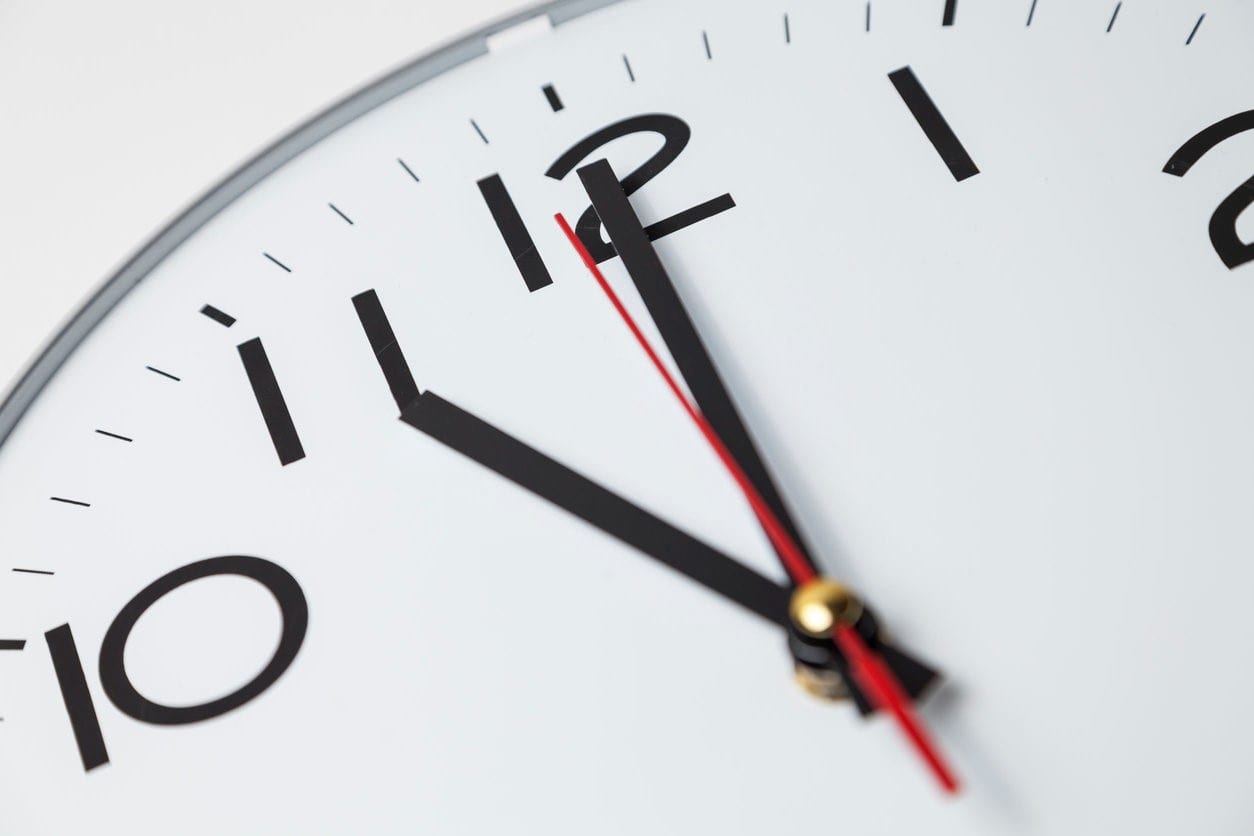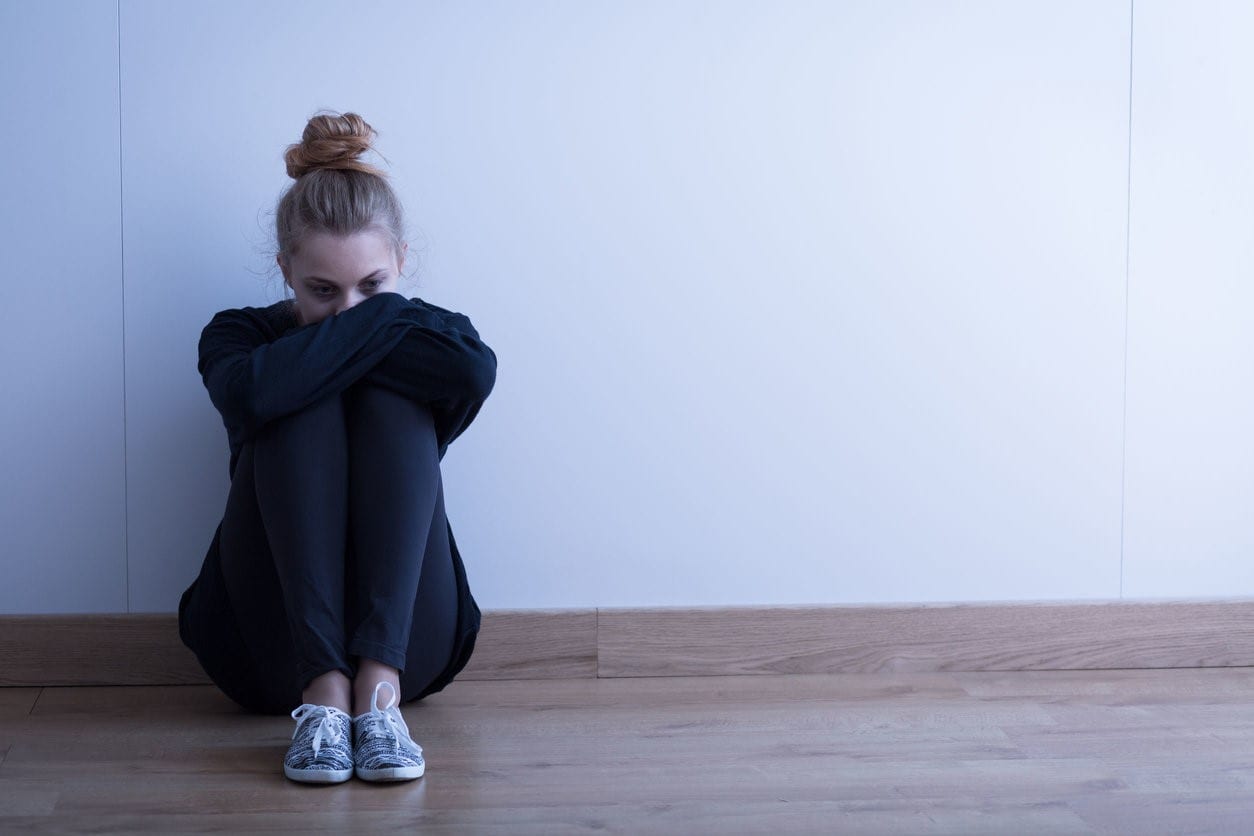
In recent years, Minnesota upped the ante for any minor staying out past curfew – they would get a ticket, head to court, and have the infraction on their record so that it would follow them if they were caught breaking other rules.
If you think getting legal authorities involved for kids staying out late seems a little harsh, you’re not alone. Curfew in Hennepin County is currently 9 P.M. for children under the age of 12, 10 P.M. for those 12-14, and 11 P.M. for kids 15-17 years of age. Unlike in other areas of Colorado, though, getting caught out past curfew doesn’t necessarily mean that kids will have to spend time in a courtroom.
Out of the Court, Into the Home
In June 2016, the Hennepin County Attorney’s Office paired up with non-profit organization The Link to create a curfew diversion pilot program. Children who broke curfew wouldn’t get a ticket. Instead, they would get resources to help divert the child away from further infractions and a life of crime. In many cases, they would be assigned a caseworker who would come into the child’s home and work to strengthen the relationship between the child and their parents.
Between June 1 and November 21 of that year, there were 313 cases of breaking curfew in Hennepin County. Two thirds of those cases were given to the diversion program. The success of the program was apparent, and in January, it was announced that the Attorney’s Office and The Link would continue it.
What Is the Diversion Process?

No parent wants to see their child committing crimes and getting in trouble with the police. If you are a parent and your child breaks curfew, it is crucial to embrace and cooperate with officials who are trying to walk your child through the diversion process.
Children who are given the option of a diversion program are often more successful and less likely to get into trouble again than those who go to court. It is also less expensive, and can be completed quicker than going to court, because there are no fees required to participate in diversion programs.
Diversion programs last about six months, and may require the youth to do the following:
- Acknowledge and admit their wrongdoing
- Attend school
- Follow rules at home
- Stay out of trouble, refrain from committing any crimes or other infractions
- Pay restitutions (if their infraction involved property damage or certain petty theft crimes)
- Participate in an assessment to determine appropriate programs and services
If the diversion program was ordered because your child broke curfew, there isn’t going to be much more required of them. A minor who is merely staying out late and has not committed any crimes should not need to pay restitution or face additional consequences.
Things are a bit different for youths who commit other crimes. If your child has little or no juvenile history, and is caught committing a petty offense or most misdemeanor offenses, it is likely they will be directed to the diversion program. However, for these “more serious” crimes, authorities may have your child meet the requirements of the diversion program in addition to performing community service.
If your child does not complete the program, or continues to cause trouble, it’s likely they will be sent to court and may end up going to a juvenile detention facility.
What Does This Mean For Parents?

If your child is continually breaking curfew and you are at a loss for what to do, at least you don’t have to worry about taking your child to court for staying out late. Unless your child already has been arrested for juvenile crimes, you’re in the clear.
Again, it is crucial to embrace and cooperate with officials who are trying to walk your child through the diversion process. Police are not going to punish your child, and are not looking to punish you. Their resources and help may even serve to bring you and your child together. While speaking to a caseworker may be uncomfortable and awkward at first, it will pay off in the long run if your child can avoid further infractions and go on to live as a productive citizen in the community.
Diversion programs and alternative forms of penalties are also available for children who have been charged with a crime and have to go to court. For more information on how you can work with juvenile court to find the most effective programs for your child, contact a Minnesota juvenile crimes lawyer.
About the Author:
Christopher Keyser is a Minneapolis-based criminal and DWI defense attorney known for fighting aggressively for his clients and utilizing innovative tactics to get the most positive results. He has been featured in numerous media outlets due to the breadth and depth of his knowledge, and recognized as a Minnesota Super Lawyers Rising Star (2014–2015), a Top 100 Trial Lawyer (2013–2015), and a Top 40 Under 40 Attorney (2013–2015).





